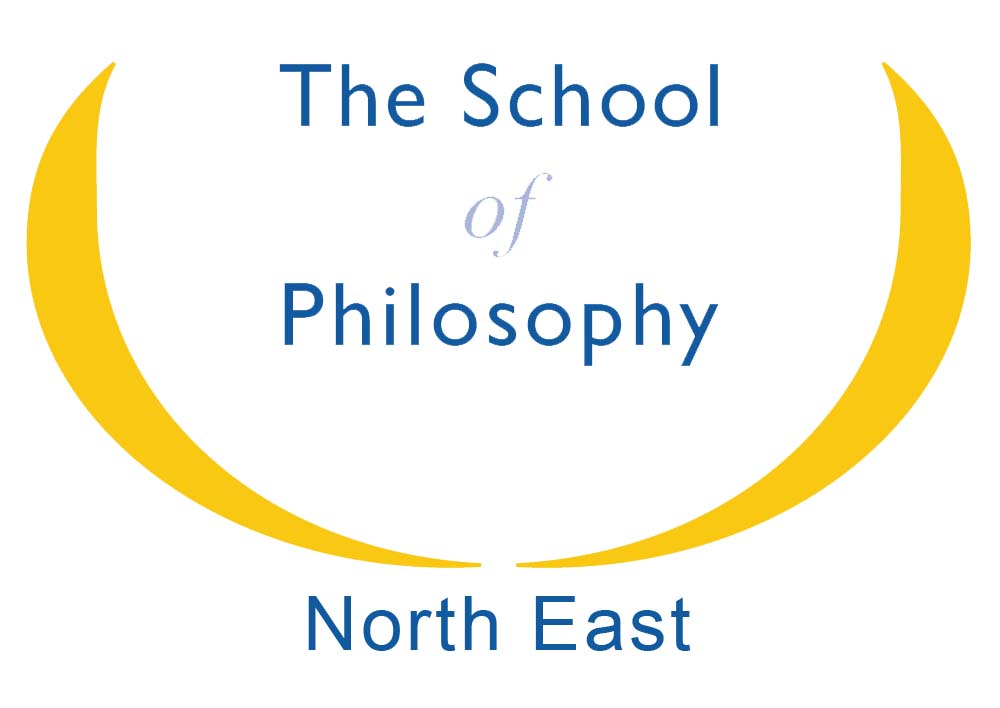Meditation
Mantra-based meditation.
Mantra Meditation
This authentic mantra-based meditation originates in a centuries-old tradition.
- Simple technique
- Two short periods a day
- Support & assistance
Aim of meditation
The aim of meditation is to connect with deeper realms of being within oneself. It makes it possible to find rest, to recharge oneself and meet life with greater energy and happiness.
Through meditation I feel a connection to the wider universe around ‘me’ and more and more begin to experience an inner peace which I can keep returning to regardless of the tumult in my own head and in the world around me.
University administrator
Meditation is not a quick fix. Slowly but steadily it works to transform life.
Meditation is the single most useful thing I ever came across. Over time its practice has helped me to see the movements of my mind more clearly, free from my ideas about them. In my experience it eliminates fear and produces freedom to act more naturally.
Design engineer
Practising for 60 years
The system of meditation is not religious. It is designed for the human spirit which is not bound to any religion.
Shri Shantananda Saraswati
Traditional
Introduction to meditation
Students in the School are introduced to the practice in the second year, or earlier if they wish. After the second year, meditation, as introduced in the School, is an essential part of the ongoing philosophy courses as it helps to give deeper experience of the ideas discussed.
Regular Practice
The technique is very simple. It is given in a simple traditional ceremony and is practised for two short periods a day.
The time taken for the practice to become established varies with each individual and much depends on the regularity of the practice. As with learning a musical instrument, deepening and refining the practice is an on-going process.
Introduction to Meditation
The meditation is given in a short, traditional ceremony designed to bring the mind and heart to rest. The ceremony is non-religious and is there to ensure the precise passage of the mantra from generation to generation and to support the significance of the event.
You will be asked to bring four things to the ceremony, each one symbolic: some flowers, some pieces of fruit, a piece of white cloth and a donation of money. The donation is not a fixed amount but depends upon individual capacity. It symbolises the surrender of material things and is an expression of the value in which the meditation is held. All donations are used by the School of Meditation to make meditation available to others.
School of Meditation
The method of mantra meditation is given through the School of Meditation, with whom the Practical Philosophy School has a long-standing relationship. In the North East, students are introduced to meditation locally. It is offered at 3 points in the year. If you are interested in meditating and would like to know more, do get in touch.
Life-time Support
Once you’ve started to meditate the Practical Philosophy School will support you in the practice by offering one-to-one tutorials with an experienced meditator. This support will be available for as long as you wish, and is completely free of charge. Tutorials take place in person or online as the student wishes.
Registered Charity
The School of Meditation is a registered charity funded by donations, and its purpose is to make meditation readily available to anyone who wants it.
Wonderful classes

The present moment

Very practical









